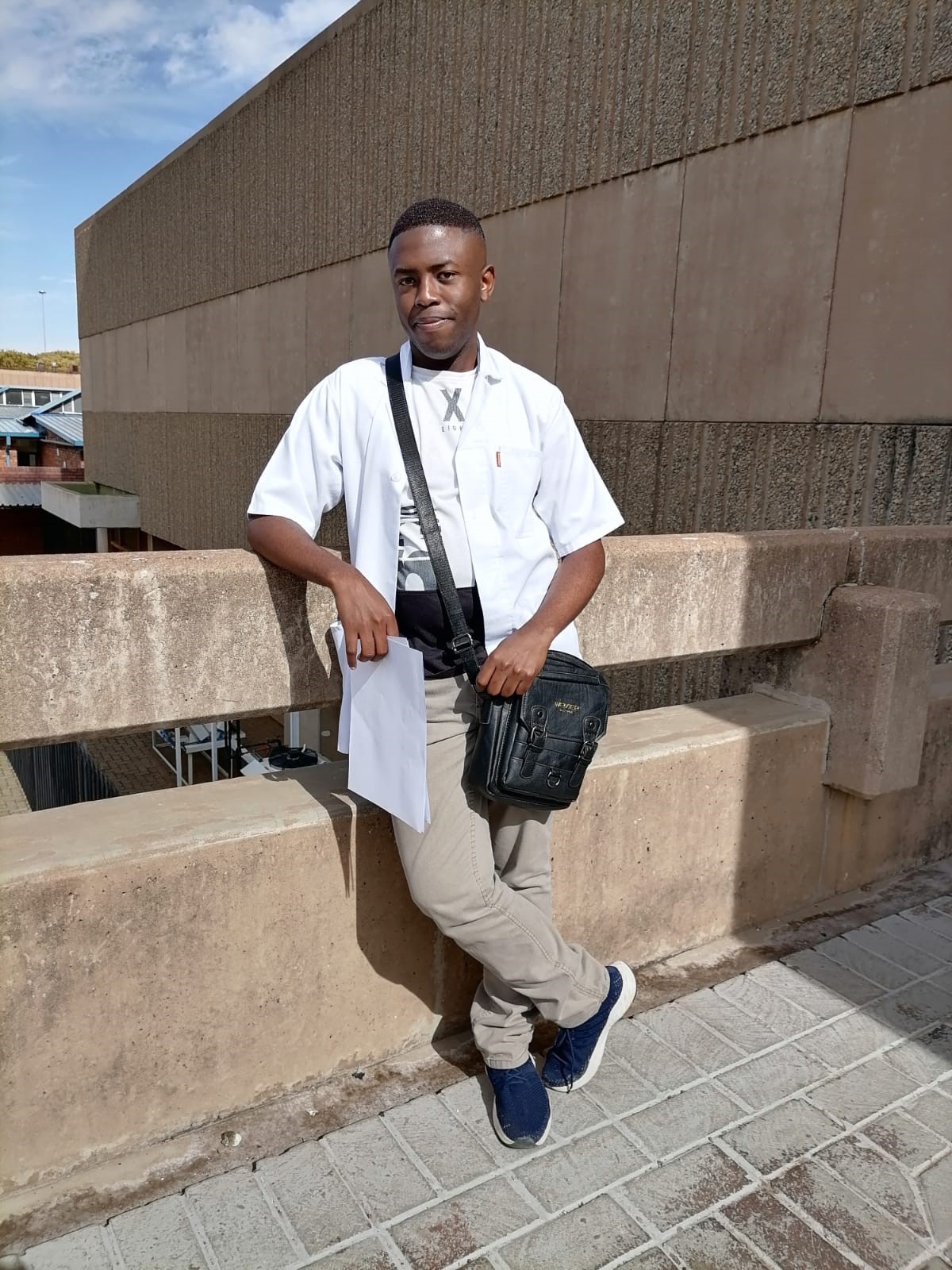Kgothatso Legong, fourth year medical student at Sefako Makgatho Health Sciences University, reflects on information gathering.
______
Data collection is a gruelling process of gathering and evaluating information or data from multiple sources. I thought this part of research would be a straightforward process until I met the challenges associated with it. Our research required that we must collect data from patients’ files; “Easy,” we thought, until we ran into some problems.
The following are some of the problems which we came across during our time when we were collecting data and how these problems can be overcome if you happen to face them during your time of research.
1. Chaos management
The joy that overpowered us when we finally got the certification to conduct research was beyond description. We soon devised a plan of how we were going to gather data. The first day we all met and started going through files which we had at that moment. It soon became clear that we were all doing the same thing at the same time. We all went to the wards at the same time. We were all accompanying each other to the file rooms, and we met with the supervisor as one. As much as this showed a united front, it was redundant for us to do so as so much work could have been accomplished if people focused on certain areas. After tasks were delegated, the speed at which we processed data increased and we were able to quell the chaos as our production rate started to take flight.
2. Resistance from data handlers
Our supervisor was wise enough to foresee the future and drafted us a permission-granting letter which we presented to the head nurse of the wards we needed in pursuit of data. This letter was signed by her, as our supervisor, and the head of the Department of Plastic, Burns, and Reconstructive Surgery. It was convincing enough for the matrons, but not for the data handlers at the file room. We then had to supplement the letter with the certificate which granted us permission to conduct research.
3. Insufficient information
To our surprise, a lot of information was not obtained from the files which we had at our disposal. Some of the information which we hoped to include in our study was nowhere to be found in files which were very thick. I think this was because that information which we wanted was not deemed important by the treating surgeons. This was an error at the researchers’ side as we did not anticipate such issues could arise during our research at the time we were drafting our protocol. Of course, these obstacles will be talked about when writing the final report. As a scholar, you might want to avoid this by checking how feasible your research is likely to be before submitting your protocol or requesting for a change when you are already doing your data collection.
Research is a journey of vital importance to people who rely on the already discovered knowledge. It is a calling to advance so that all can better understand.

______
To read more student articles like this visit our student hub.